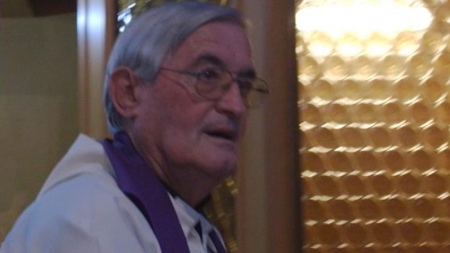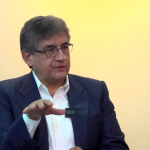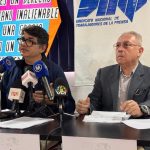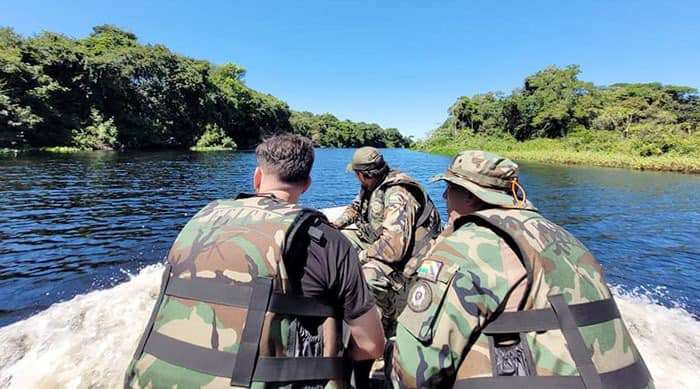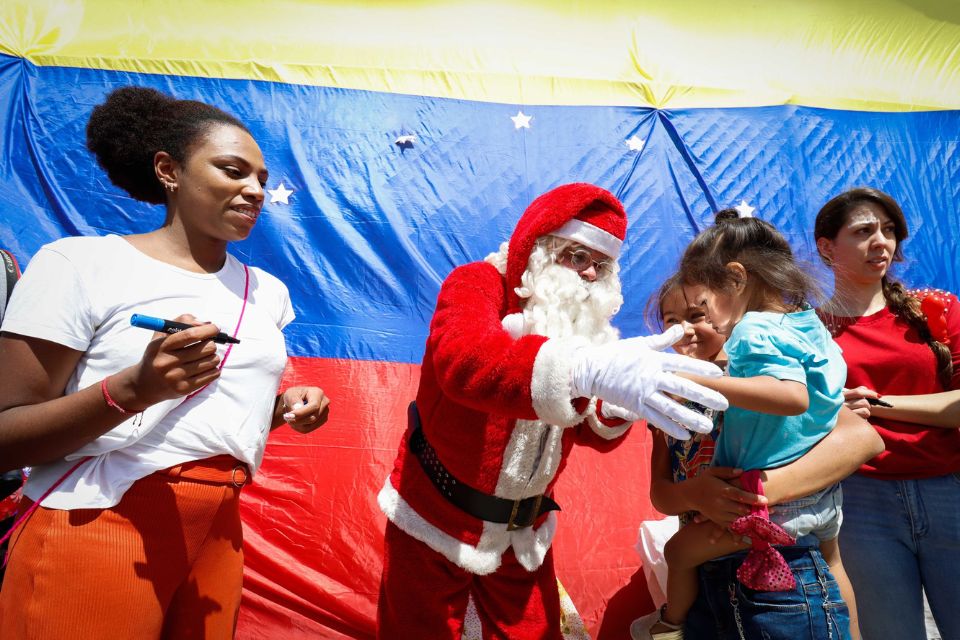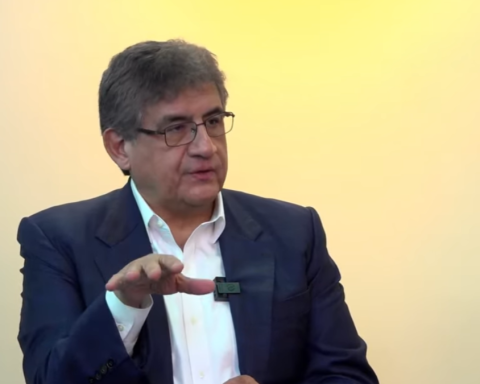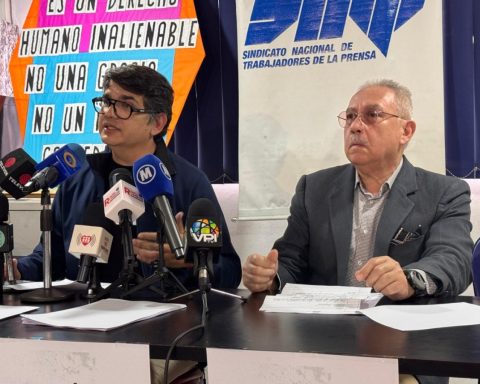The director of Legal Affairs of the Human Rights Secretariat, Federico Efron, maintained that in terms of law “the conditions are in place” for the Bologna Court of Appeals to grant the extradition next Thursday, May 22. former Army chaplain Franco Reverberiwhich is required by the Mendoza Justice accused of crimes against humanity committed during the last dictatorship.
At the same time, Efron warned that he foresees “a discussion” around the “health situation” of the priest -he is 84 years oldis diabetic and has heart problems-, which could lead to a rejection of the order.
“As a matter of law, the conditions are in place for extradition to be granted. But we also anticipate a discussion, which may mean that extradition is granted or rejected, which is Reverberi’s health situation,” Efron said in an interview with Télam.
Faced with this situation, he confided that the Human Rights Secretariat prepared a report on the Campo de Mayo and Ezeiza penitentiary units, where those convicted of crimes against humanity in the country are housed, to “prove within the Italian Courts that prison conditions are given in Argentina”.
Reverberi was auxiliary chaplain of the Army’s VIII Mountain Exploration Squadron in San RafaelMendoza, and is being investigated in the country for having participated in homicides, torture and kidnappings in the Clandestine Detention Center (CCD) “La Departamental”, which operated in the headquarters of the courts of that city.
The plaintiff lawyer of the Permanent Assembly for Human Rights (APDH) in the causes against humanity that the Federal Court of San Rafael is following, Ricardo Ermili, agreed with Efron that “the health problems typical of Reverberi’s age” could be a reason for the extradition not to be granted.”
But he pointed out, in dialogue with Télam, that in that case, Argentina could request that the repressor “be tried in Italy and guarantee the presence of the victims.”
The Bologna Court of Appeals will decide again this Thursday whether or not to grant Reverberi’s extradition, which it already denied last March.
However, the new hearing has a June 30 ruling by the Italian Supreme Court of Cassation – that country’s highest court of appeal – that ordered the Bologna court to hand down a new sentence.
The Bologna Court of Appeals will decide again next Thursday whether or not to grant Reverberi’s extradition, which it already denied last March
“The Cassation ruling is very important because it tells the Bologna Court ‘You went too far in analyzing the evidence provided by the Argentine State in such depth,'” Efron said, explaining that “in no extradition trial is the substance discussed whether the person committed the crime or not”.
But in addition, he pondered that this sentence has considered “torture within crimes against humanity”and that, therefore, determine “the imprescriptibility” of that crime.
The lawyer celebrated that “from now on extradition can also be granted for the crime of torture” and explained that “this opens up a very important range” for other cases of repressors who are in Italy.
The ex-chaplain’s escape
Reverberi fled to Italy – his native country – in 2011, after the first trial for crimes against humanity began in Mendoza in 2010, where witnesses located him in “La Departamental”.
In 2013, Argentina filed the first extradition request and denounced Reverberi for torture, but the Bologna Court, first (2013), and the Supreme Court of Cassation, later (2014), considered that the presentation “lacked foundation”.
The Bilateral Extradition Treaty signed between Argentina and the European country establishes that, to give rise to the requirement, the crime must be recognized in the legislation of both countries, and at that time there was no criminal offense for torture in Italy.
Pero As of 2017, Italian legislation incorporated torture into its Penal Code and in 2020 Argentina started a new request.
Thus, the APDH representative expanded the accusation against Reverberi before the Federal Court of San Rafael, adding “the responsibility he could have had regarding the disappearance of all the people who passed through that clandestine detention center,” Ermili confided.
But, in addition, in 2021 the accusation of the murder of the political militant José Guillermo Berón was also included along with testimonies that stated that they had seen Reverberi in “La Departamental” between July 9, 1976 and September 26, 1976.
Those dates coincide with the arrest and subsequent disappearance of Berón, who was kidnapped on August 28, 1976 and, in this way, it is stated in the case that the priest “was simultaneously in the CCD with a person who would later be disappeared.”
Both Efron and Ermili highlighted the work of the Italian lawyer and representative of the Argentine Government, Arturo Salerni, to generate the change in the interpretation of the Supreme Court of Cassation.
“This professional intervention in Italy turned the new rejection into Cassation, because State terrorism could be illustrated with all the harshness, vehemence and drama,” Ermili said.
Meanwhile, Efron assured that “it made a difference” the possibility of being able to explain “things that for us are already commonplace”, in reference to the systematic plan of repression and extermination.
Along these lines, he stressed that On his last trip, on November 7 and 8 to Italy, he held a meeting with the new prosecutor in the case, Antonella Scandelariand that he assured him that the Prosecutor’s Office “is now going to support” the Argentine request, something that in “the first hearing in March had not happened.”
Likewise, he stressed that “it is a political decision of the management” of the Secretary of Human Rights, Horacio Pietragalla Corti, “to encourage trials to be tried here”, but he affirmed that when this does not happen “all possible efforts must be made so that be tried in other countries”.
